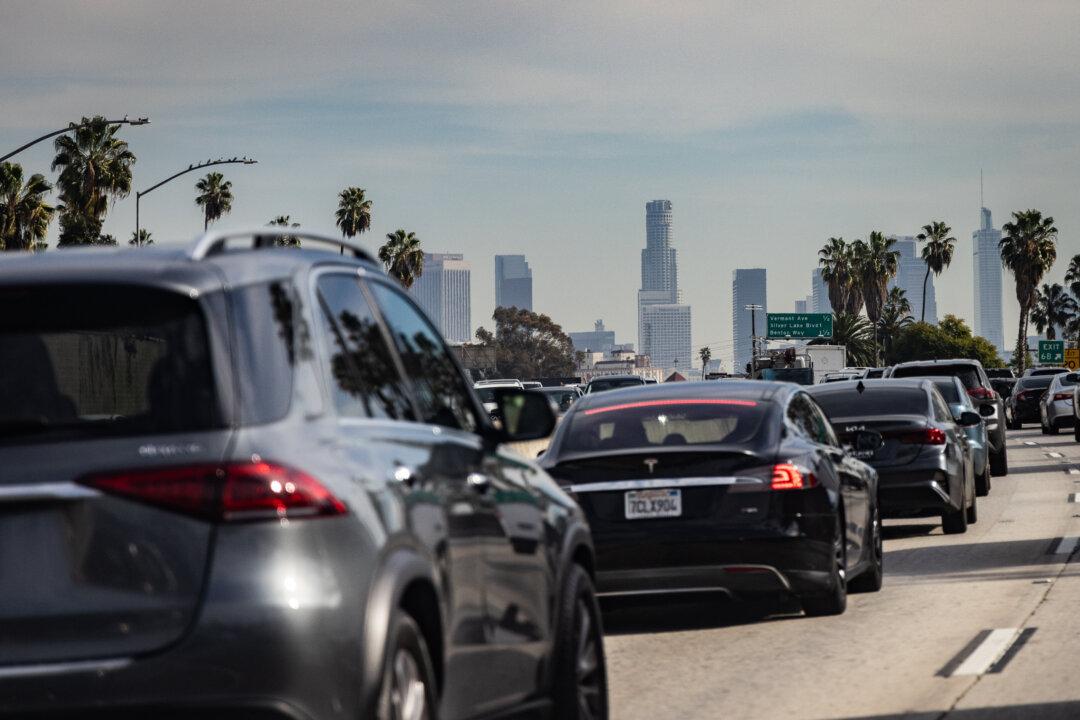Measure HLA, which seeks to make Los Angeles streets more accessible and safer, is currently winning in early March 5 primary results.
According to the Los Angeles County registrar, the measure has over 64.7 percent of the vote approving to about 35.3 percent against, as of March 11.





